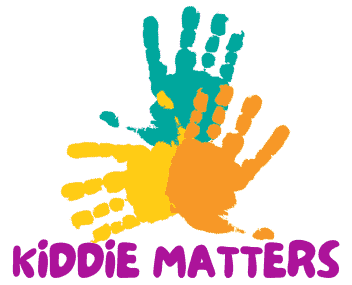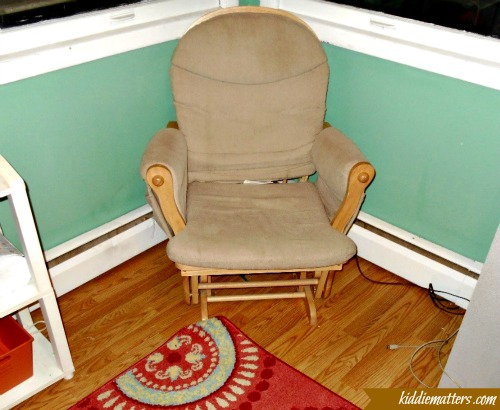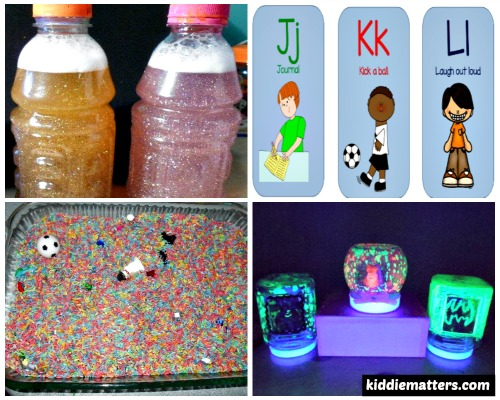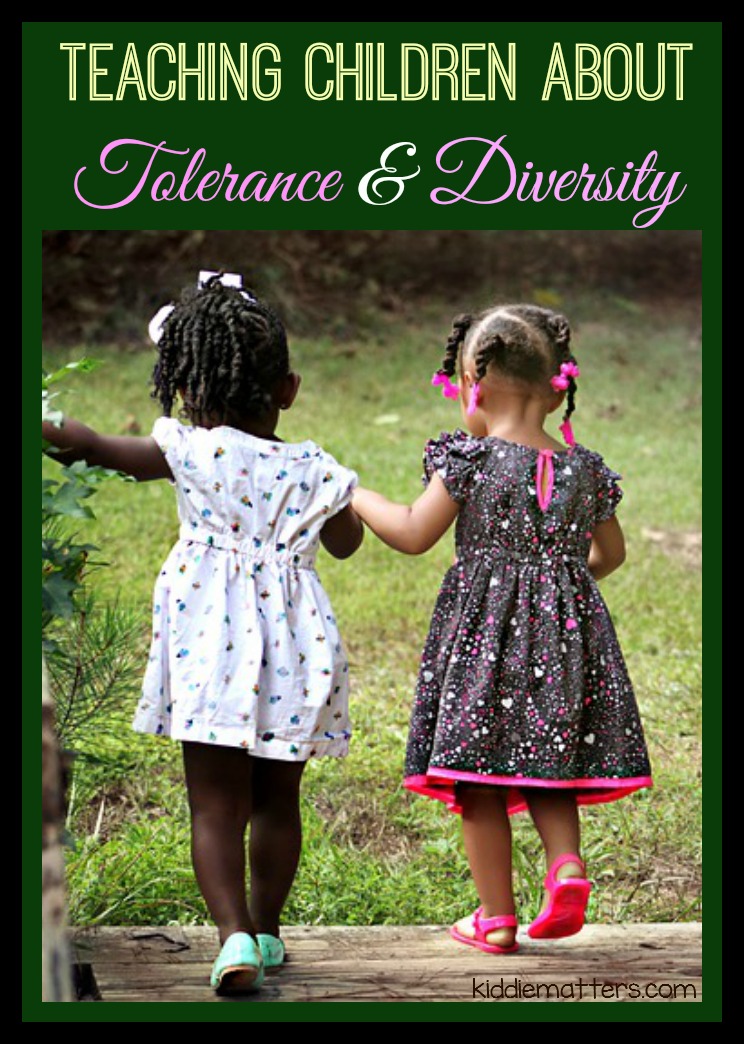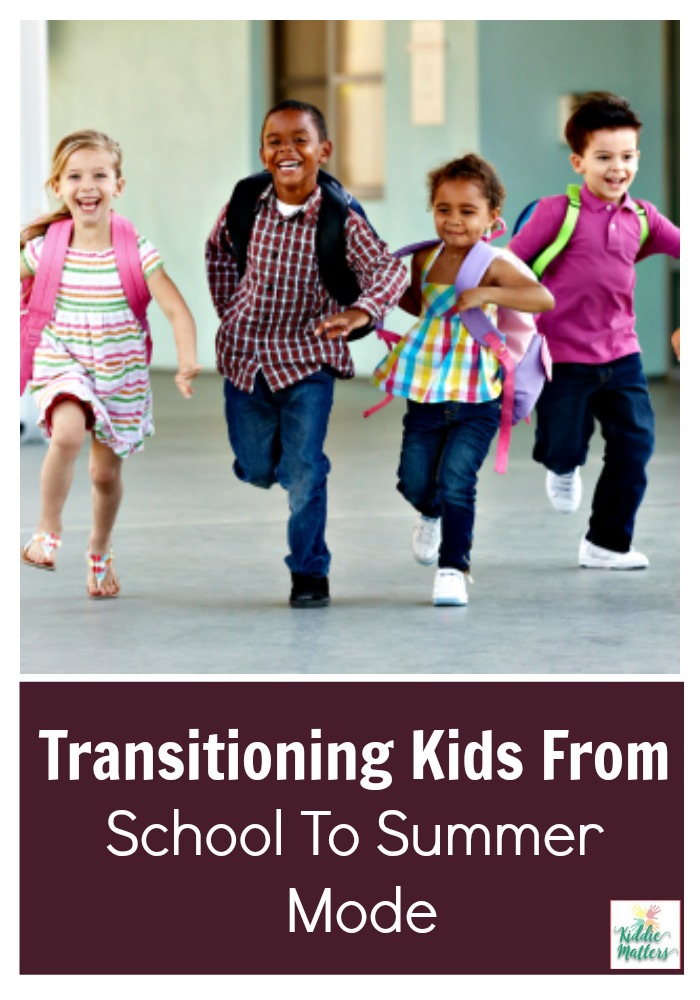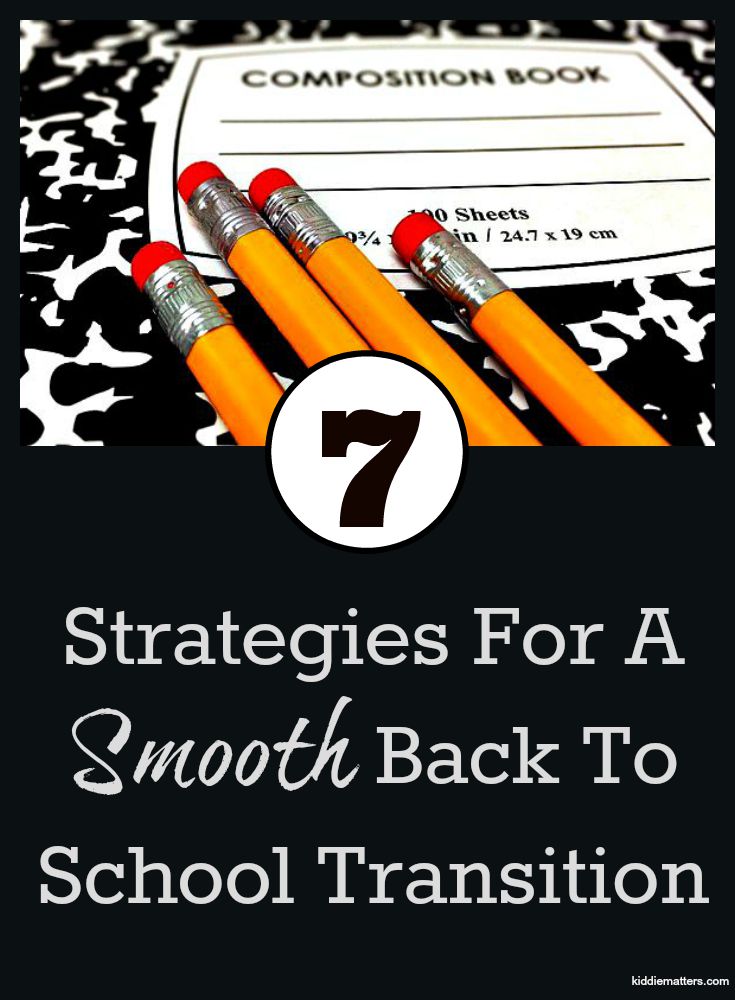How To Create A Calm Down Area At Home
I used to watch reality television shows like Supernanny and America’s Supernanny in awe of how well they were able to get misbehaving kids in line without yelling or using threats. I even implemented some of their ideas in our home. Our greatest fail was the calm down corner.
The idea behind the calm down corner is that you place a misbehaving child in a corner until they are able to remain calm for two minutes. Since the timer doesn’t start until the child is calm, my husband and I sometimes spent 30 minutes to an hour in the calm down corner with a screaming child!
The calm down corner technique just wasn’t right for our family. I want my children to learn to regulate their moods and temper without me being held hostage as they scream bloody murder. I decided to tweek the calm down corner idea a bit and created a calm down area in our home instead.
Benefits Of A Calm Down Area
A calm down area is a space where kids can go to calm down and collect themselves when they are upset. It is not meant to be used as a punishment. When done correctly, sending a child to a calm down area can teach them how to:
• self-soothe and calm down on their own
• take a break when they are angry, sad, frustrated, and/or anxious
• think about how their thoughts and feelings impact their behaviors
How To Set Up A Calm Down Area
You don’t need much to set up a calm down area in your home. Chances are you already have most of what you need on hand.
Step 1: Designate a location for the calm down area.
The space chosen should allow for very little distraction. You want kids to focus on calming down and not on what is going on around them. If at all possible, make sure the space chosen is away from trash cans and is not directly under ceiling lights. Bright lights and strong odors can make it difficult for kids to relax.
Step 2 : Create a warm, soothing atmosphere in the space you choose for your calm down area.
Decorate the space with bean bags, soft pillows, blankets, stuffed animals. If this is not feasible, any comfy chair or mat will do. You can hang a feelings poster on the wall. (This will help in the completion of the calm down reflection sheet discussed later on).
Step 3: Add calming materials to the calm down area
Keep materials to a minimum. Having too many activities to choose from can further frustrate and overwhelm the child. Common calm down materials include:
• Rice bins
• Glitter jars
• A-Z Calm Down Cards (pictured above)
• Playdough
• Sensory balls
• Squeeze toys
• Bubbles
• Books on tape
• Books
• Coloring materials
• Pinwheels
• Things to count (i.e. pom-poms, cotton balls, coins, rocks, gems, etc.)
How To Use A Calm Down Area
In order for a calm down area to work, you have to believe in its usefulness and be willing to make adjustments to fit your family’s needs. Here are some suggestions for how to use the calm down area in your home.
1. Explain the calm down area to your kids. Let them know what it is for, how to use it, and what your expectations are. Discussing the calm down area with kids prior to them using it ensures that when they have to use it, they will know what to do.
2. Allow kids to get familiar with the calm down area when they are calm. This will give them a chance to explore the items in the calm down area and figure out what is most soothing for them. This is a great time to work with your kids to come up with a calm down plan for when they are upset.
3. Send kids to the calm down area BEFORE they melt down. Many parents are usually good at sensing when their child is on his/her way to having a meltdown. For example, I know when my son starts to whine for more than ten minutes he is in the beginning stages of throwing a tantrum. If you notice signs that your child is nearing their frustration tolerance limit, send them to the calm down area.
4. Discuss with your child any triggers you notice . As I said earlier, parents typically do a great job of ‘reading’ their kids. If you notice that your child is on the verge of a meltdown, share that information with them. For example, when my son is frustrated he starts pacing back and forth. I know it’s usually only a matter of time before he starts crying or screaming.
When children are aware of their triggers they can begin to tune into their thoughts, feelings, and behaviors and ask for a break on their own. You don’t want your kids to always rely on you to be their emotional compass. You want them to develop skills that will help them regulate themselves on their own.
5. Set a timer. Determine how long you want your child to remain in the calm down area. I recommend between five to ten minutes. You don’t want your calm down area to turn into a play area. Once your child settles down they should leave the calm down area.
6. Complete reflection sheet with kids. I recommend completing a reflection sheet with kids prior to them leaving the calm down area whenever possible. You can discuss the reflection questions or you can have your child complete the reflection form. Using a reflection sheet will help your child to process their thoughts and feelings about what led to them needing to use the calm down area.
For more resources to help children learn to better manage their emotions please follow me on Pinterest!
Follow Kiddie Matters’s board Kiddie Matters Teachers Pay Teachers Store on Pinterest.
